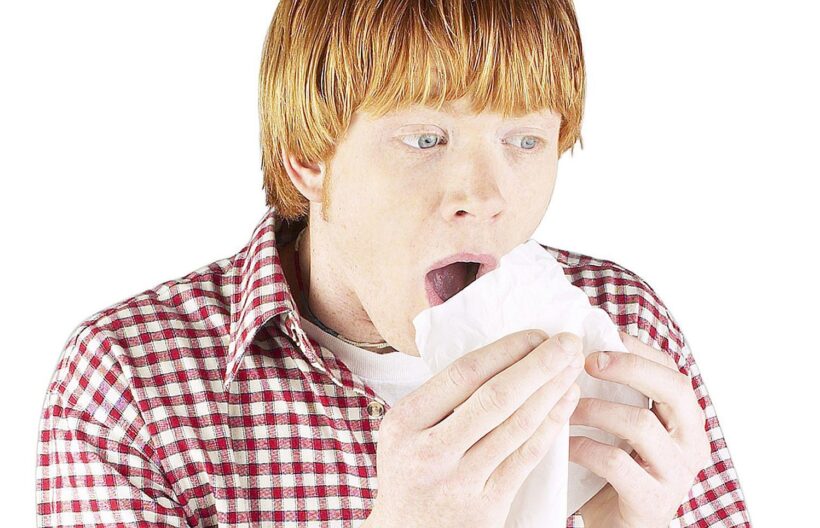Overview
The common cold is a viral infection of your nose and throat. A common cold is usually harmless. Most people recover from a common cold in about a week or two. If symptoms don’t approve, see your doctor.
Basics
The Common Cold is a group of symptoms in the upper respiratory tract caused by a large number of different viruses.
How a Common Cold Starts
- You can catch a common cold from another person who is infected with the virus. This contact usually occurs by touch a surface contaminated with cold germs and then touching your nose or mouth.
- You can also catch a cold by encountering discharges that someone with a cold has sneezed into the air.
Factors that make you More Susceptible to Catching a Cold Virus
- Fatigue
- Emotional distress
- Allergies
Cold Symptoms
- Burning feeling in the nose or throat
- Sneezing
- Runny nose
- Feeling tired
- Coughing
- Watery eyes
- Itching
- You have an inability to swallow
- Your sore throat lasts for more than 2 or 3 days, and it if it worsening
- You have an earache
- You have a stiff neck or sensitivity to bright lights
- You’re pregnant
- You have a temperature of 101 degrees F or higher
Recommendations
Preparing for Cold Season
- In the U.S., most colds occur during the fall and winter
- In late August and early September, the rate of colds increases and remains high until March or April, when it begins to decline
- Seasonal changes in humidity also affect the prevalence of colds
How to Protect Yourself and Others
- Wash your hands often with soap and water for at least 20 seconds. Viruses live on your hands and regular hand washing can protect you from catching a cold.
- Avoid touching your eyes, nose and mouth with unwashed hands
- Stay away from people who are sick
If you have a cold, follow these tips to prevent your virus from spreading to others:
- Stay at home while you are sick
- Avoid close contact with others, such as hugging, kissing or shaking hands
- Cough and sneeze into a tissue. Avoid coughing or sneezing into your hands as this may pass on the virus
- Wash your hands after coughing, sneezing or blowing your nose
- Disinfect frequently touch surfaces
Symptom Relief
- Over-the-counter medications can provide temporary relief of symptoms
- Congestion, cough and nasal discharge may be treated with a decongestant, antihistamine or a combination of the two
- Herbs, minerals and other products such as Echinacea, garlic, honey, lemon, menthol, zinc and vitamin C are often used as cold remedies
- Drink adequate liquids. Eight glasses of water and/or juice per day are recommended.
- Avoid coffee, tea or soft drinks that contain caffeine
- If you smoke, stop smoking. Stay away from other smokers.
Related Facts

Children have 5-7 colds per year Adults have 2-5 per year (Web MD)

Women, Infants & Children (WIC) Nutrition Program
WIC has an extraordinary record of preventing children’s health problems and improving growth and development. Locally, the health district supports this vision by offering WIC services in several convenient locations.
